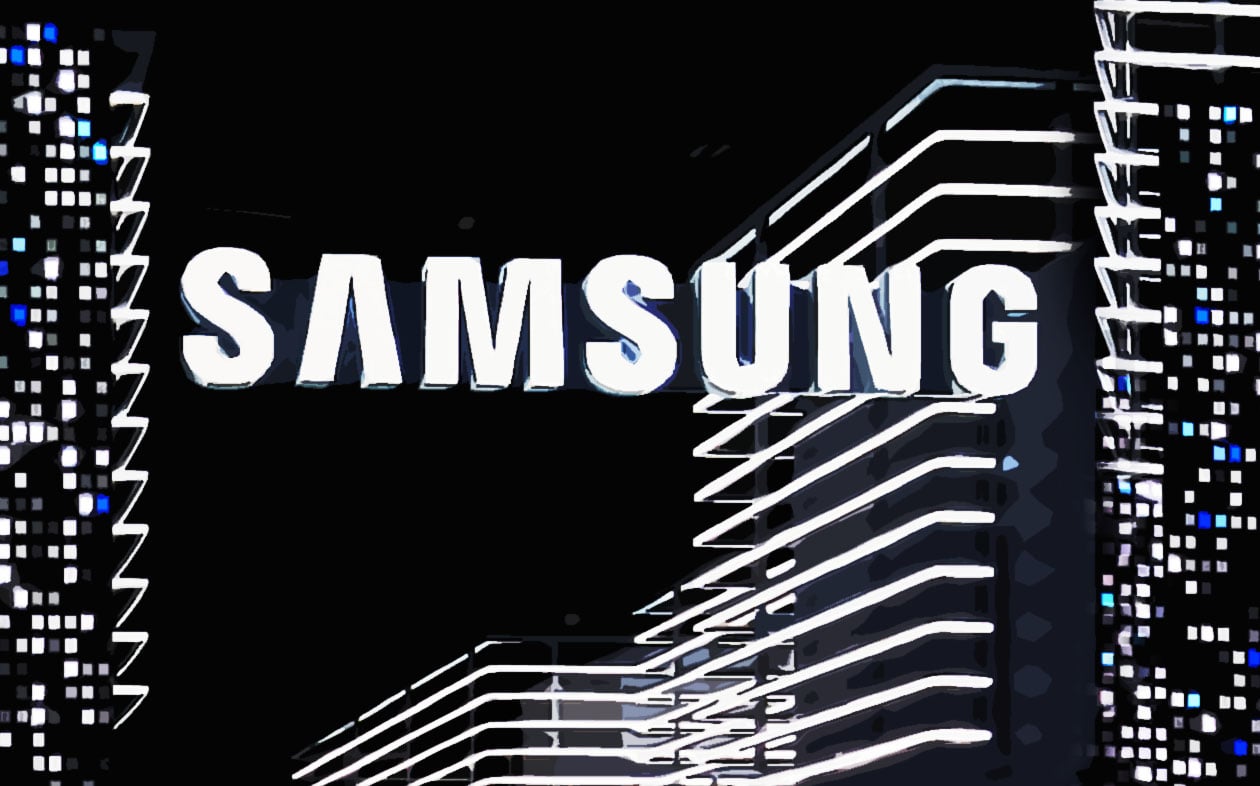Samsung and its semiconductor rival TSMC have found themselves working together for a common goal in the United States. The U.S. administration has prepared a $52 billion federal program designed to bolster domestic chipset production. Now, both Samsung and TSMC are trying to convince the U.S. government that they should be eligible for these funds.
Opposite of Samsung and TSMC is Intel, the latter of which suggested that taxpayers' money should be funneled back into domestic companies, and thus wanting to push Samsung and TSMC out of the equation (via Bloomberg).
Of course, Intel is a U.S. company, and it comes as no surprise that it would try to collect this $52 billion incentive on its own. But the reality of the situation is that Intel's chip manufacturing technology is lagging behind TSMC and Samsung, so if the U.S. market wants to stay competitive and build a strong supply chain, it may have to allow other companies to compete fairly.
Contrary to Intel, TSMC advised the U.S. Department of Commerce against “arbitrary favoritism and preferential treatment based on the location of a company's headquarters.” TSMC added that the U.S. should not try to emulate the existing supply chain but focus on developing advanced technologies instead. In addition, TSMC asks the U.S. to reconsider reforming the immigration policy to allow the U.S. to attract foreign talent.
Samsung feels exactly the same as TSMC
As to what Samsung has to do with any of this, it's simple. Samsung and TSMC may be rivals on the global scale, but the Korean tech giant very much agrees with TSMC's comments regarding the matter at hand.
Samsung believes that the U.S. government should ensure that qualifying companies are to compete for funding “on an even playing field.” Samsung is presently building its new $17 billion semiconductor manufacturing plant in Texas, so it is investing a lot of money on U.S. soil. It's only natural for the Korean tech giant to expect the U.S. administration to return the favor and support these massive investments.
Join SamMobile’s Telegram group and subscribe to our YouTube channel to get instant news updates and in-depth reviews of Samsung devices. You can also subscribe to get updates from us on Google News and follow us on Twitter.






